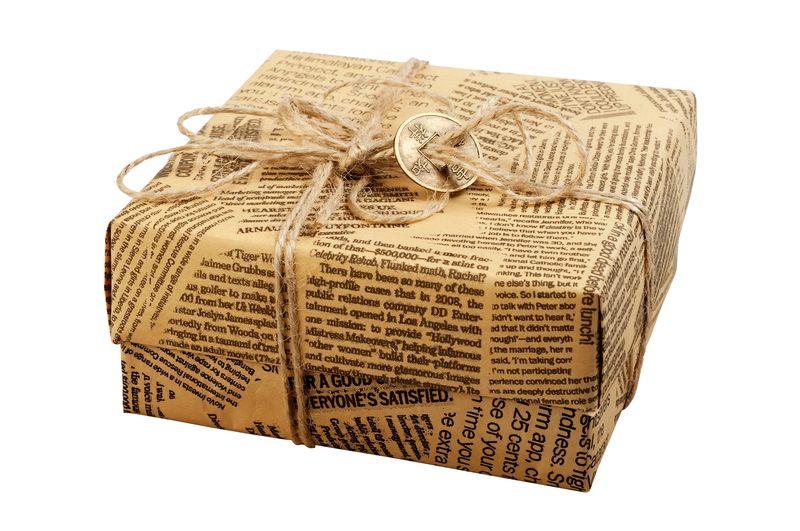Steps to Ensure Your Bin Gets Emptied as Scheduled
Proper waste management is crucial to maintaining cleanliness and hygiene in our communities. However, sometimes the task of ensuring that your bin is emptied as scheduled can be challenging. Whether due to missed pickups or poor communication with the local waste management service, these issues can disrupt your daily routine. This article provides comprehensive steps and tips to ensure your bin gets emptied on time and efficiently.
Understanding Your Local Waste Management Schedule
The first step in making sure your trash is picked up regularly is understanding your local waste management schedule. Many municipalities and private companies provide a detailed calendar or online tool to track the collection days for different types of waste.
- Contact Your Local Authority: Visit their website or call to inquire about the garbage collection schedule. They might provide a printable schedule or online notifications.
- Download Mobile Apps: Some areas offer mobile applications that send reminders for bin collection days. These apps also offer updates on any changes due to holidays or weather interruptions.
- Check for Community Boards: Many neighborhoods have local notice boards or community newsletters. These can be regular sources of updates on waste collection.
Ensuring Proper Bin Placement
Improper bin placement is one of the most common reasons for missed pickups. Here are the guidelines you should follow to avoid these issues:
- Correct Curbside Position: Place your bins at the curb with the wheels facing away from the street. Ensure it's within the specified boundary of your property so it doesn't block pedestrian paths.
- Maintain Adequate Distance: Keep at least a foot or more between your bins to give enough space for the waste collection truck's arm to lift them efficiently.
- Ensure Visibility: Don't block your bins behind trees, shrubs, or parked cars. The collectors should have a clear view of the bins as they approach.
Consideration for Weather Conditions and Holidays
Weather conditions and holidays often affect trash collection schedules. Here's how you can stay ahead:
- Weather Preparedness: In cases of severe weather, check for service disruptions online or via local news. In such instances, waste collection services usually provide updated information.
- Holiday Scheduling: Waste management services adjust schedules around holidays. Obtain the holiday schedule in advance, as pickups might be delayed or moved to a different day.
Effective Communication with Your Waste Collection Service
Direct communication with your waste collection service is essential. Here's how:
- Report Missed Pickups: In case your bin is not emptied, contact your service provider immediately to report the issue for a reschedule.
- Feedback Channels: Utilize customer service numbers or online portals to provide feedback or inquire about schedule changes.
Adopt Sustainable Waste Management Practices
Implementing effective waste management at your household can also help in ensuring regular and efficient bin emptying. Consider these practices:
- Efficient Waste Reduction: Aim to reduce, recycle, and reuse waste to minimize garbage volume and ensure better compliance with waste sorting regulations.
- Proper Waste Segregation: Separate recyclables, organic waste, and non-recyclable garbage into respective bins to aid efficient waste management by service providers.
Community Initiatives and Personal Responsibility
Getting involved in community initiatives can enhance overall waste management effectiveness:
- Participate in Clean-Up Drives: Engage in local efforts to ensure cleaner neighborhoods, which also advocate for consistent waste collection practices.
- Educate Neighbors: Share tips and information about effective waste management and collection schedules within your community. Supporting your neighbors helps maintain a standard across the board.
Conclusion
Ensuring that your bin is emptied as scheduled requires a combination of awareness, preparedness, and communication. Understanding local schedules, placing your bins correctly, anticipating schedule changes due to weather or holidays, and engaging in sustainable waste management are all proactive steps that make a significant difference. By adopting these practices, you contribute not only to the cleanliness of your immediate surroundings but also to broader environmental conservation efforts.
With these steps, you are better equipped to have your waste collected reliably, thereby maintaining an efficient and tidy home environment. Remember, effective waste management starts at home and it's a shared responsibility we owe to our communities and the planet.

